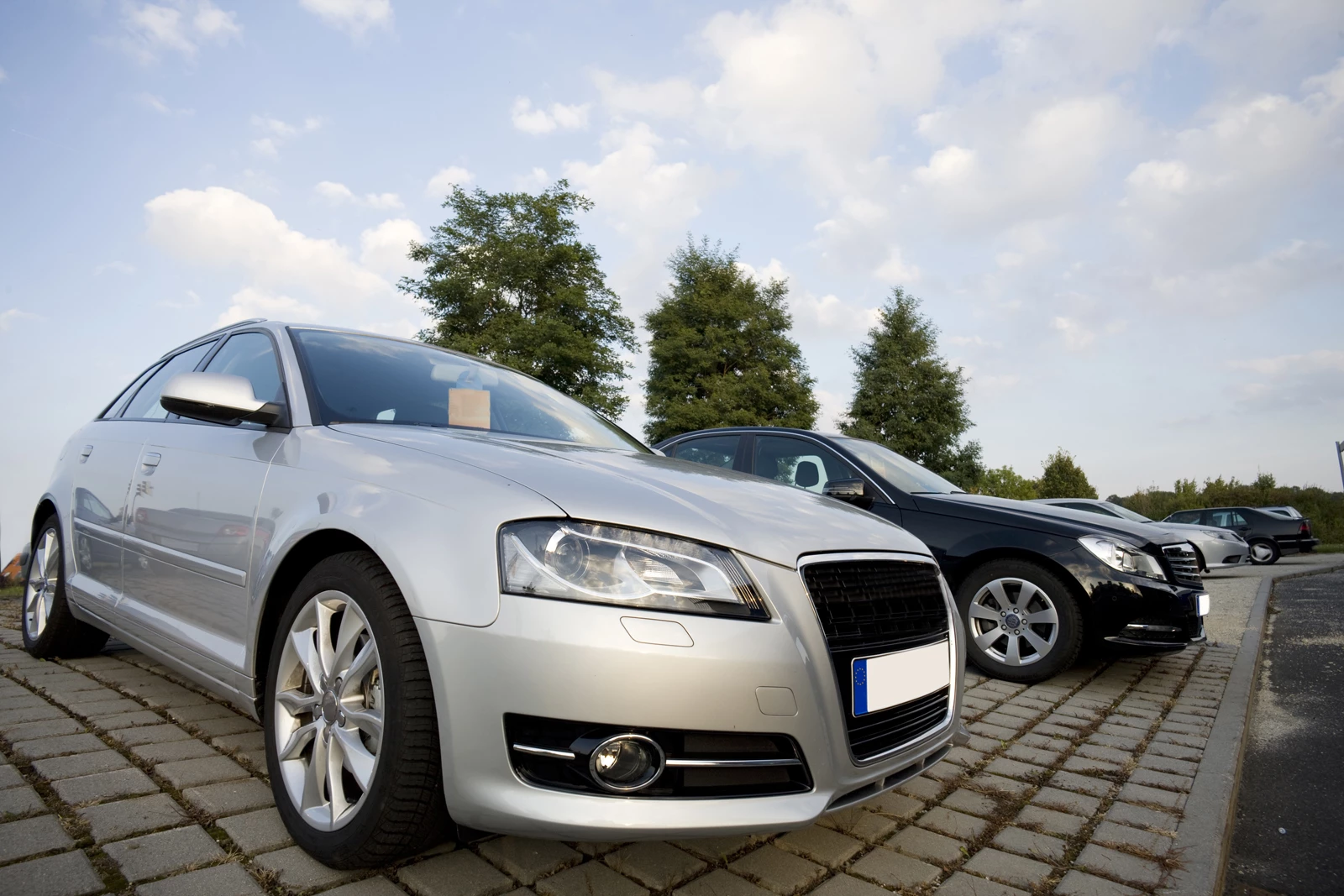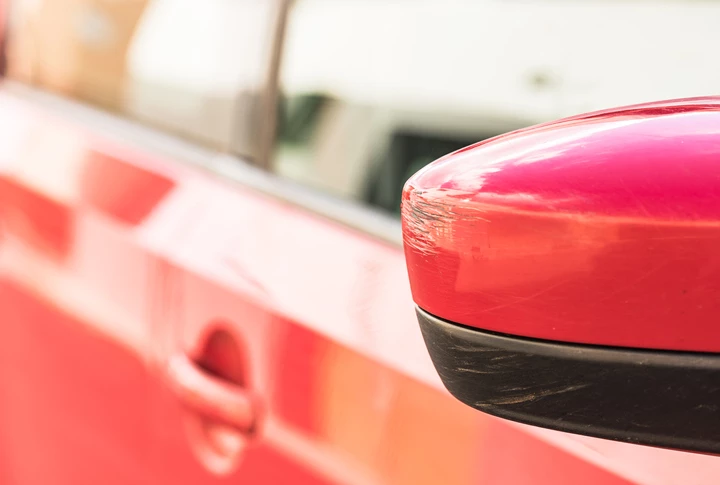25/11/2019 | Category: Commercial Insurance

If you’re a motor trader who runs a used car dealership, you’ll know that quick turnaround on the vehicles you sell is key to a steady profit and successful business.
At the same time, it helps to ensure that the vehicles on your forecourt don’t lose too much value (aka depreciate) between when you buy them, and when you pass over the keys to the new owners.
For the time your cars are out on your forecourt, you want to do all you can to maintain (or even increase) their value. But before you get to that, you need to make sure that all of these valuable business assets are covered with motor trade insurance.
Insurance Choice provides motor trade insurance policies for a wide range of auto businesses, used car dealerships being one of them. We’ll take the time to understand your unique needs before finding a policy that suits these requirements, as well as your budget.
How to maintain the value of vehicles

Think about depreciation
The vast majority of cars depreciate in value over time – some at a quicker rate than others. It’s mainly sports and classic cars that either depreciate extremely slowly, retain their value or sometimes appreciate in value.
What this means is that you need to be savvy when selecting vehicle stock for your forecourt. If part of your stock includes almost-new vehicles, exclusive cap hpi data obtained by This is Money reveals the 20 cars that lose their value slowest over the first three years. It calculates depreciation based on cars being driven around 20k miles a year.
Top of the list of slowest-depreciating cars is the Volkswagen California (2010-), which retains 60.9% of its value after three years; followed by the Mercedes-AMG CLA (2016-), which retains 54.3% over the same time period.
The full list is as follows:
- Volkswagen California (2010)
- Mercedes-AMG CLA (2016-)
- Peugeot 3008 (2016-)
- Mercedes-AMG GLC (2016-)
- Volkswagen Caravelle diesel (2010-)
- Toyota CH-R hybrid (2016-)
- Mercedes-Benz V-Class (2014-)
- Mercedes-AMG GLc Coupe (2016-)
- Kia Niro (2016-)
- Maserati Levante diesel (2016-)
- Lexus IS hybrid (2018-)
- Bentley Bentayga (2015-)
- Volkswagen Tiguan (2016-)
- Jaguar F-Pace diesel (2015)
- Subaru Impreza (2014-)
- Tesla Model X (2016-)
- Lexus RX hybrid (2015-)
- Mercedes-Benz GLC Coupe diesel (2016-)
- Seat Ateca (2016-)
- Toyota C-HR petrol (2016)
If you specialise in low value, older cars, then depreciation won’t be that much of an important consideration as prices will already be set pretty low. Still, you’ll want to pay attention to the next tip...
Stock what’s popular

It’s simple: if you want to sell cars fast, you need to stock what used car buyers want! Market trends are changing all the time, but a quick search on the internet will help you keep up to date.
AA Cars data shared by the Express lists the top eight quickest-selling cars so far in 2019, which could be worth considering when selecting stock. They are:
- Volkswagen Polo
- Ford Fiesta
- Peugeot 2008
- Ford Focus
- Ford Kuga
- Vauxhall Mokka
- Volkswagen Tiguan
- Renault Clio
Regular maintenance
The vehicles on your forecourt require regular maintenance to keep them looking in great condition.
Only then will those vehicles sell for the highest price and retain their value. No doubt you’ve given each vehicle a thorough, deep clean before putting it up for sale, but regular maintenance tasks you need to carry out include things like:
- Making sure the exterior of the car is gleaming at all times. This will involve rinsing, washing once (or twice if necessary) with a quality car shampoo, then drying using a leather chamois.
- Not forgetting the car wheels! A clean and polished set of wheels can help to catch the eye of potential buyers.
- Checking the tyres and inflate if necessary. Tyres will lose pressure when they’re sat on your forecourt.
- Cleaning your cars is one thing – you also need to make sure your forecourt is clean and tidy as this will help to give a good impression of your auto business to potential buyers.
Is there anything you can do to increase value?

Essentially, if you want to increase a vehicle’s value, then you’ve got to sell it in a significantly better condition than when you purchased it.
For instance, if a car has lots of dents and dings when you buy it, making the effort to have these repaired can help you to get the maximum value for it when you come to sell. You might even consider replacing certain parts if you think it would considerably improve the overall aesthetic of the car.
Of course, it’s not all about aesthetics – you want to make sure everything under the bonnet is in good working order if you want to sell the car for a decent price. So, resolving any minor issues ahead of putting the vehicle up for sale is a must. Also make sure servicing is up to date – it’s an extra bonus if you have the vehicle’s complete service history.
What if buyers try to haggle?
Most potential buyers will try their luck at negotiating a lower price for the car – and you can’t blame them! But if you’re not comfortable with lowering the price any further, there are other benefits you could offer the buyer that could help to seal the deal.
For instance, by offering a free year of service, a full tank of fuel or a certain car-related gadget. All of these could inspire customers to hand over their cash for one of your cars.
Motor trade insurance from Insurance Choice
Hopefully, these top tips will help you to maintain and maybe even increase the value of your used cars. Remember, you need to protect every vehicle on your forecourt with comprehensive motor trade insurance.
We’ve been arranging low-cost, high-value cover for more than 20 years, specialising in tailored motor trade insurance that meets your individual and business needs. Choose us and you can take advantage of our flexible payment options, for instance by spreading the cost of cover over monthly instalments.
So, what are you waiting for? Get a free, no-obligation quote today!
